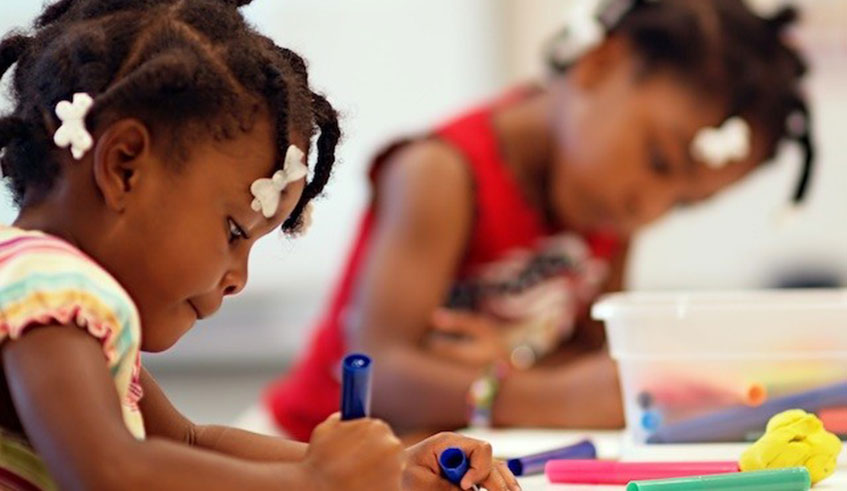

A child’s early years are the foundation for his or her future development, hence providing a strong base for lifelong learning and learning abilities is very vital.
Neurological research shows that the early years play a key role in children’s brain development. Early learning is also often referred to as preschool, pre-kindergarten, day care, nursery school or early education.
Early childhood education is beneficial for children of three, four and five years as it prepares them for their progress into elementary school.
The emotional, social and physical development of young children has a direct impact on their overall development and on the adult they will become.
That is why understanding the need to invest in very young children is so important, for a better future and their wellbeing.
Children would advance their language and motor skills while developing the learning and cognitive skills necessary to transfer them to primary school. At a tender age, kids have an opportunity to interact with their peers, and their parents and instructors which in the end learn something from them all. This also creates an environment where children can make friends and play well with others.
Scientists have proven that learning and mental development begin immediately after birth. During the first three years of a child’s life, essential brain and neural development occurs. Therefore, children greatly benefit by receiving education before kindergarten.
At an early age, children are taught to observe, ask questions and listen to other children’s ideas. This cultivates their curiosity and motivation to learn.
In an early childhood centre, children’s language skills are nurtured in a ‘language-rich’ environment. Teachers help children stretch their language skills by asking thought-provoking questions and introducing new vocabulary during their daily experiences. Children have many opportunities to sing, talk about favourite books, and act out stories.
It is through early learning that children’s literature skills are developed. To prepare children for the academic demands of school, educators offer a wide variety of games and activities that help children acquire these skills. For example, matching, sorting, counting and board games build children’s understanding of numbers, categories and sequences, which supports later math learning.
In order to learn, a young child needs to feel cared for and secure. A young child is able to spend time away from parents and build trusting relationships with adults outside the family. Kids also learn to take care of each other.
Children’s physical development permits them to explore their environment and to challenge themselves in new ways. Early childhood programs provide several opportunities daily for children to run, climb and play active games.
Children in some cases will become much more advanced through verbal skills, communication skills, and coordination are taught via various techniques.
Early childhood education provides kids with special skills. Children in these settings learn how to work well together, as a group or a team. This is particularly important for children without siblings at home.
Goal setting is another topic that is taught through these learning programs. Children see the benefit of trying hard, focusing, and paying attention, which each of them will soon be crucial to future education years.
editor@newtimesrwanda.com


